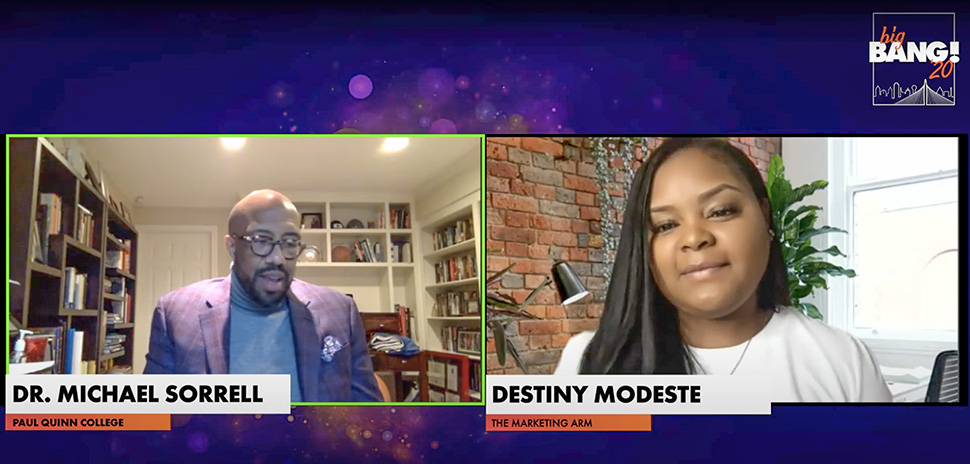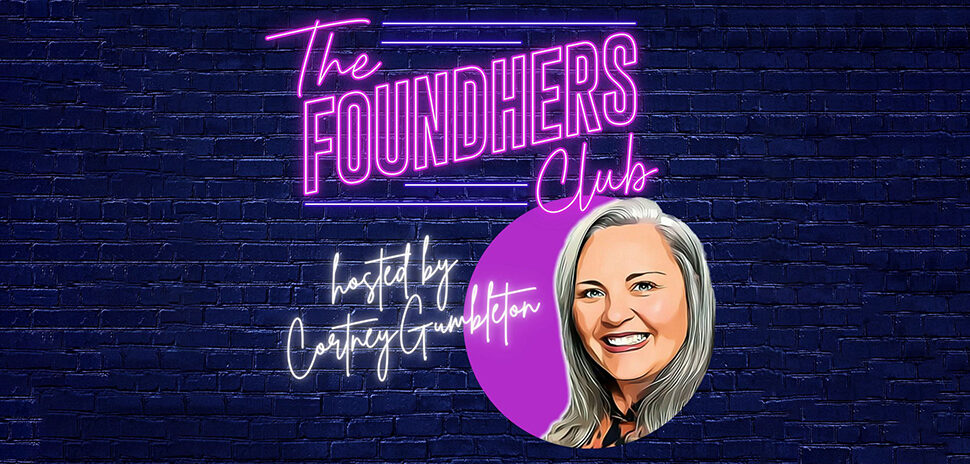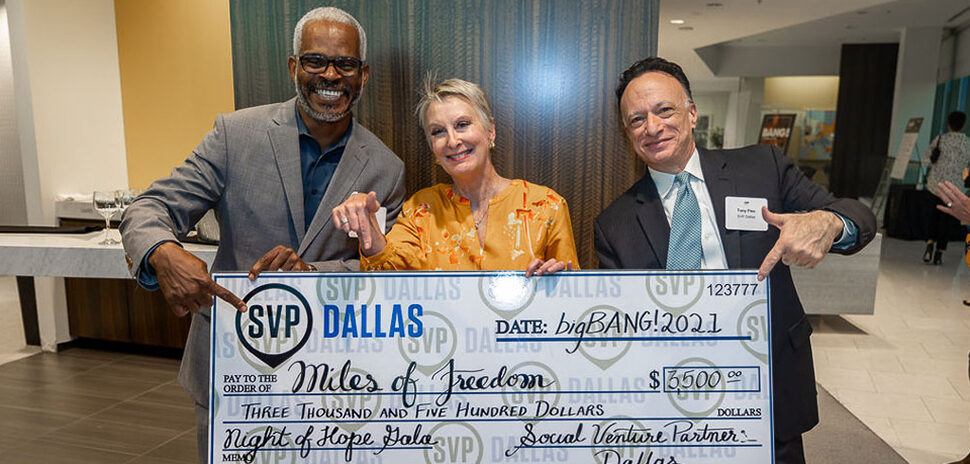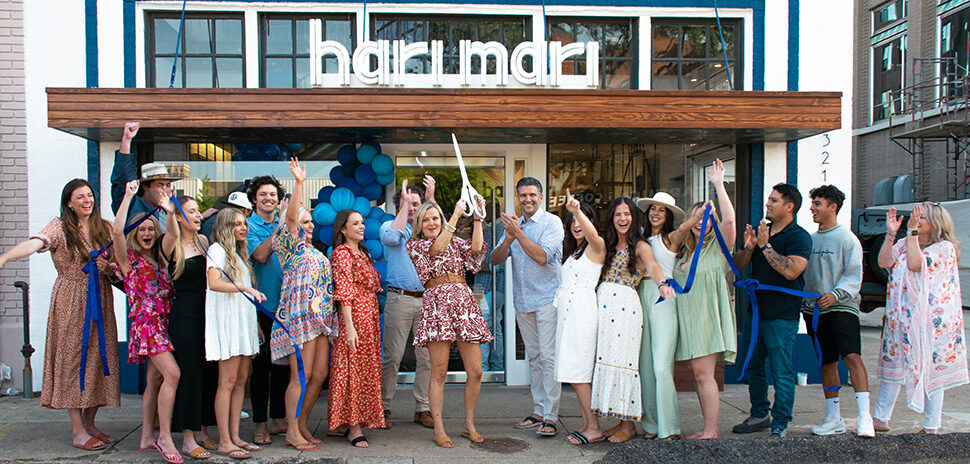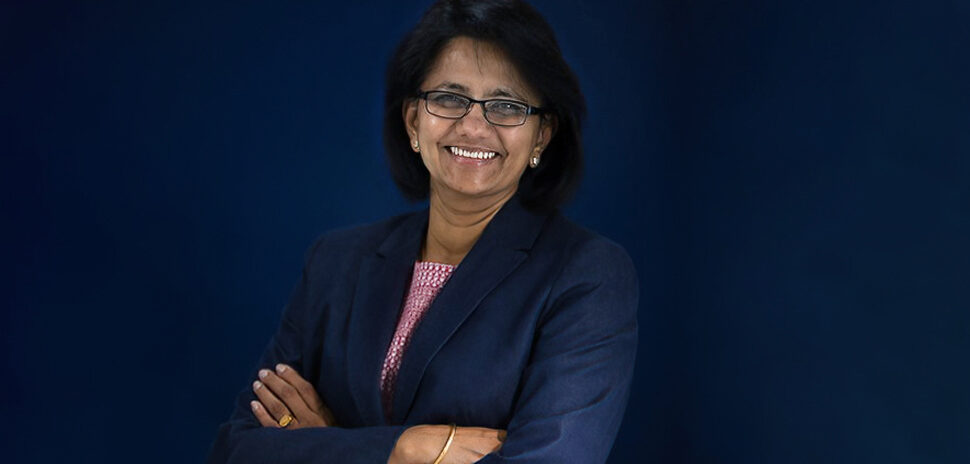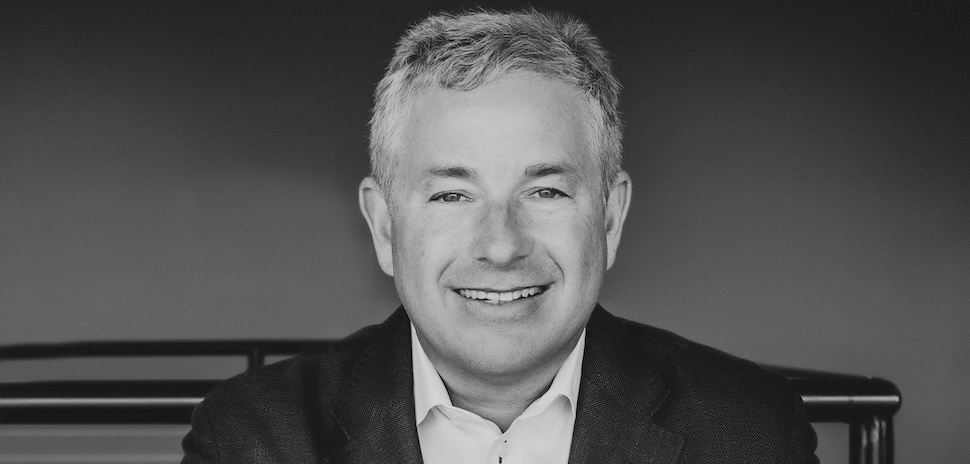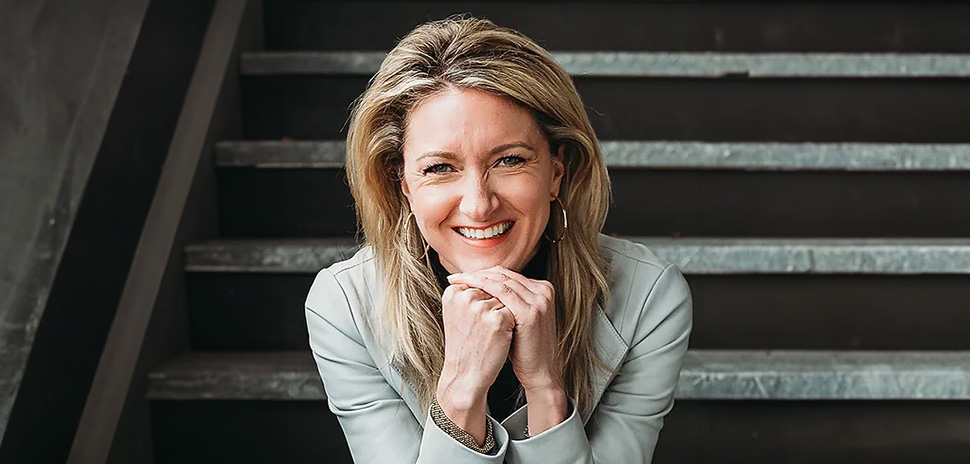This year’s bigBANG! conference explored critical issues related to racial, gender, and economic equity in our communities—an especially timely topic given the recent events that have been going on across the country.
In 2009, Social Venture Partners Dallas founded bigBANG! to gather those who believe social innovation lies at the heart of an equitable society. Today, it’s known as North Texas’ longest social impact conference.
The first half of 2020 brought what is being called the largest civil rights action since the ’60s at the same time as a global pandemic that disproportionately affected communities of color. That’s why the leaders of bigBANG! decided to make this year’s conference one of reflection, action, and transformative dialogue.
“The evidence of long-standing discrimination in our nation is clear,” conference organizers said. “Disparities in income, wealth, community infrastructure, educational outcomes, health and incarceration rates all point to systems that better serve some groups and exclude others, particularly people of color and women.
“bigBANG! 2020 is a rally point for our community, an opportunity to mark the progress that has been made and renew our commitment to the arduous struggle toward equity and justice for all.”
We teamed up with Social Venture Partners and bigBANG! organizers to reflect on the week-long conference and the social impact experts, community leaders, and business professionals who discussed opportunities related to human-centered design, innovation, and impact.
They aimed to “lift up rightful disruption and its methods” in order to “dismantle injustice and intentionally rework and rebuild systems that provide equal opportunity for all people.” Overall, the goal is to make Dallas a more equitable city.
Here’s a few key takeaways that you might have missed from bigBANG 2020’s Equity in Action: The Next 100 Years.
Innovations & Racial Equity: A Conversation with Michael Sorrell
Michael Sorrell is an entrepreneur, corporate securities lawyer, and sports and crisis management professional turned president of the world’s first Urban Work College. As the leader of award-winning Southern Dallas HBCU Paul Quinn College, Sorrell is credited with implementing a series of innovative initiatives that create equal, promising futures for his students.
At bigBANG!, Sorrell spoke about “the quest for innovation and equity in the midst of ignorance, indifference, and hypocrisy.” He said we must be okay knowing that our leadership journey may not allow us to see the whole result, as there may be other leaders who take on different parts of the issue.
“There is room for all of us to achieve the dream of a better life,” he said. “Self-centered leadership is what has gotten us in this mess and selfless leadership is what is going to get us out.”
Toward the start of his presidency, Sorrell was told if he wanted to be a good leader, he needed to lead with love.
Now, he focuses on making the lives of the marginalized better. “Our path forward must be together; we must fight indifference, we must fight ignorance, and we must fight hypocrisy together,” he said.
Advancing Economic Security & Leadership for Women
Although women in Texas hold more than 50 percent of jobs in corporate America, statistics show that they only represent 14 percent of management positions. According to bigBANG! organizers, evidence suggests there are endless economic and social benefits of women leaders in business and the community.
To discuss the importance of making powerful waves of change to strengthen the pipeline of female leaders in the workplace, four members of the Texas Women’s Foundation Economic Leadership Council came together: Bonnie Clinton, the vice president and chief procurement officer at Toyota North America; Shonn Brown, chief global litigation counsel at Kimberly‐Clark Corporation; Hilda Galvan, partner at Jones Day; and Jana Etheridge, MVP and chief of staff and customer office of Financial Services at Capital One.
They said it’s important to build a culture where women are full–and equal–participants at every level.
Brown focused on ELC, a peer group of 56 C-suite executive women in North Texas and Houston that’s aligned with the Texas Women’s Foundation’s board of directors. The ELC’s mandate is to “drive women’s leadership in the company sector cross sector.”
Its objectives are to provide rising women executives with leadership development and engage with TWF through “legislative session involvement, championing research and also diversity and equity inclusion efforts.”
Etheridge, who serves on the executive steering committee for Empower Her, shared her passion for making all communities vibrant, a core goal at Capital One. She said she believes that is the start of social equity. Her work currently supports business resource groups which help underrepresented associates at Capital One.
“Advocate outside your own company at organizations that share your values… Advocate for other women,” she said. “Advocate for women who are junior to you, advocate publicly, and if you’re in a position of power—it is important to advocate privately.”
Clinton spoke on value alignment, respect for people, and how to seek continuous improvement. She was key in forming the Women’s Leadership Initiative, and said the women of Toyota who have attended the sessions have already gotten life-changing feedback.
Prosperity by Policy: A Conversation with Darrick Hamilton, Featuring Roy Lopez and Cullum Clark
This special session focused on how to dispel commonly held myths about inequity in the economy and how communities can move toward new policies able to close the racial wealth gap.
Darrick Hamilton, a professor of Economics and Urban Policy at The New School in New York, chatted with Roy Lopez, the assistant vice president and community development officer at Federal Reserve Bank of Dallas and J.H. Cullum Clark, director of the Bush Institute at SMU.
The trio shared what they think are the root causes of race-based economic inequalities and the policies that could address them.
“At the Dallas Fed, we define racial equity as just and fair inclusion in any economy in which all can participate, prosper, and reach their full potential,” Lopez said.
All panelists agreed that the underlying causes of economic equalities are: racial discrimination, educational barriers, and land use policies. And, the economic harms people of color face are: higher unemployment, lower wages, and difficulties with wealth accumulation.
Technology was also a big play.
“History has shown us that with every new technology or technological revolution, it has often been used to extract from those that are vulnerable, namely the black community who don’t have the economic, political, and even identity might to protect themselves, and we can do something different now and use it instead to empower,” Hamilton said.
Clark agreed: “For people to be bona fide participants in the economy, they must be digitally connected and they must have the actual physical connection and some basic skills, and that must be a baseline that our society delivers to all.”
Innovation through Collaboration
Lyda Hill and Nicole Small of Lyda Hill Philanthropies came together with Roslyn Dawson Thompson, the president and CEO of Texas Women’s Foundation, to announce a collaboration between their organizations.
Dallas-based Lyda Hill Philanthropies has been busy investing in game-changing advances across nature and science. The organization believes science is the answer to the future, and that requires more minds at the table—especially women. Its fairly new IF/THEN initiative empowers all women to be innovators in STEM.
This summer, the IF/THEN collection was announced, the world’s largest free resource for photos and videos that celebrates those women.
So, Lyda Hill Philanthropies is making a half million dollars available to North Texas nonprofits and schools that use content from the IF/THEN collection through a new fund managed by the Texas Women’s Foundation.
The investment makes the content free for everyone.
How to Watch
The recording of all the BigBANG! 2020 sessions can be found on the Video on Demand platform. All-access passes are $20. For more information or to register for the video passes, go here.
Quincy Preston contributed to this report. This story was updated with additional information on Nov. 5, at 8:39 p.m.
![]()
Get on the list.
Dallas Innovates, every day.
Sign up to keep your eye on what’s new and next in Dallas-Fort Worth, every day.










